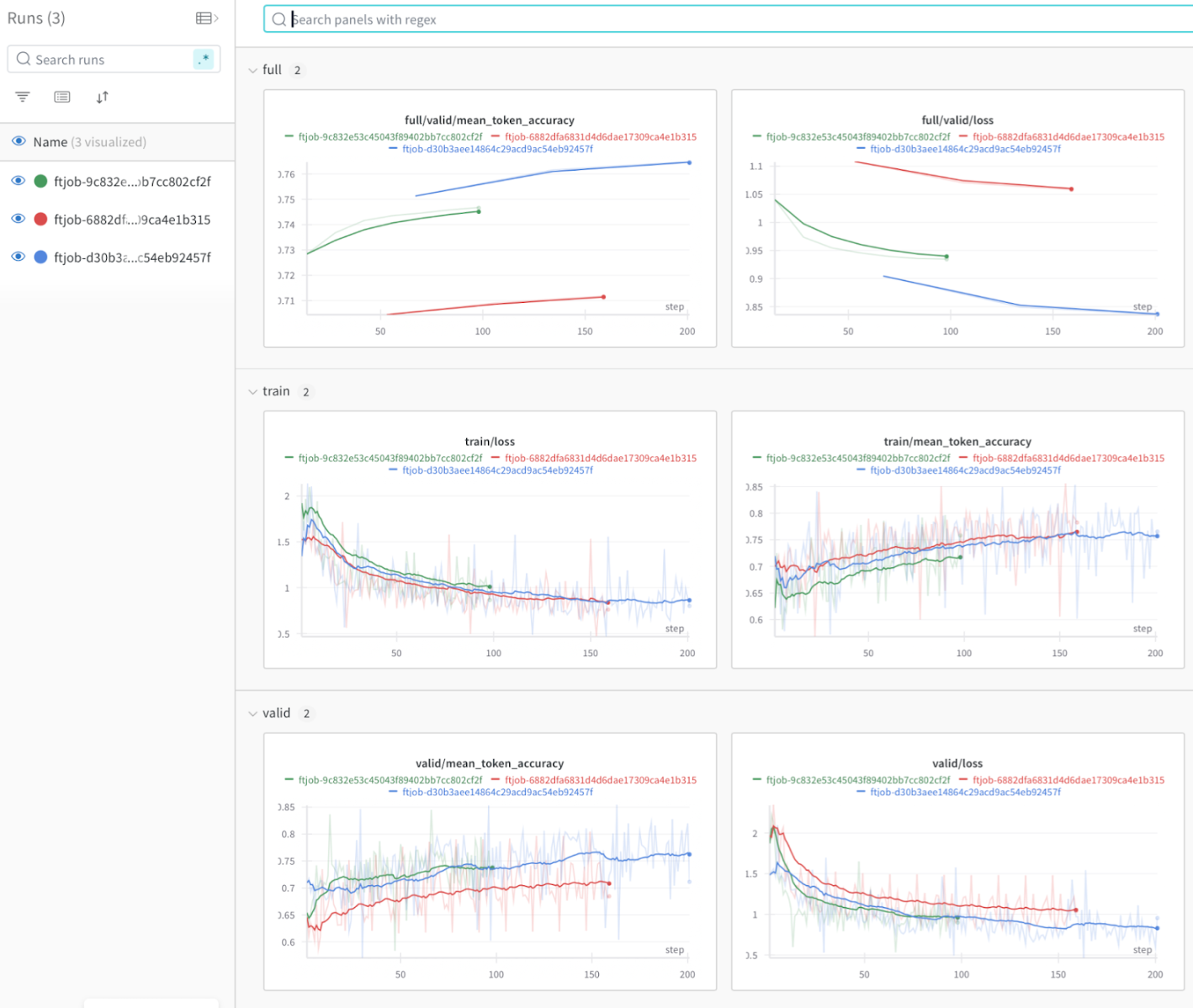Learn about our new partnership: https://snt.ac/dcg-partnership

We transform pre-trained models into domain-specific powerhouses that understand your business, speak your language, and deliver results that matter. Unlock your potential with our specialized large language model fine-tuning and deployment solutions.
Whether you're automating complex workflows, enhancing customer interactions, or building intelligent decision-support systems, our advanced fine-tuning techniques ensure your AI works smarter, faster, and more precisely for your unique challenges. Generic AI models often struggle with industry-specific terminology, fail to understand regulatory contexts, and produce outputs that require significant human review and correction. Fine-tuned models eliminate these friction points by learning directly from your data and business processes. The results are transformative: customer service responses that sound authentically like your brand, document analysis that understands your compliance requirements, and automated workflows that handle edge cases with the same judgment your experienced staff would apply.
Organizations typically see 40-70% improvements in task accuracy, 30-50% reductions in processing time, and significant decreases in human intervention requirements. More importantly, fine-tuned models enable entirely new capabilities that weren't possible with generic AI, opening doors to innovative applications that drive competitive advantage.
Large Language Model (LLM) fine-tuning is the process of taking a pre-trained Generative AI model and customizing it with your specific data, terminology, and business processes. Think of it as teaching a highly educated generalist to become a specialist in your field. While base models like GPT-o3 or Claude Opus, Gemini 2.5 and others possess broad knowledge, fine-tuning transforms them into domain experts that understand your industry's nuances, regulatory requirements, and operational context.
Unlike prompt engineering, which provides temporary guidance through clever input formatting, fine-tuning creates permanent changes to the model's neural pathways. This results in consistent, reliable performance that doesn't depend on crafting perfect prompts every time. Your fine-tuned model becomes an extension of your team's expertise, capable of handling complex tasks with the same precision and understanding as your most knowledgeable employees.
LLM fine-tuning delivers maximum value when your organization has clearly defined, repeatable AI use cases that require domain-specific knowledge. Ideal scenarios include customer service automation in regulated industries, specialized document processing, technical support for complex products, and any application where generic AI responses feel impersonal or inaccurate. The investment in fine-tuning pays dividends when you need AI that represents your brand voice, understands your product ecosystem, or operates within strict compliance frameworks. If your team spends significant time reviewing and correcting AI outputs, or if you're avoiding AI deployment due to concerns about accuracy, fine-tuning likely offers a compelling return on investment.







Partner with Santiago & Company to design and deploy fine-tuned LLMs tailored to your most critical workflows. Whether you're exploring automation for the first time or scaling intelligent systems across the enterprise, we’ll help you move from idea to impact - fast.
Let’s talk about how to put fine-tuned AI to work for you.



























Learn more about fine-tuning LLMs and how you can implement it in your own projects in our FAQ section.
Artificial intelligence is revolutionizing remanufacturing, helping companies overcome traditional operational hurdles to achieve higher profitability and customer satisfaction. Discover how industry leaders are using targeted AI applications to redefine efficiency and strategic advantage.
Parts and service operations have become the most reliable path to durable dealer profitability, yet most dealer groups continue to underperform their potential. Disciplined execution, data-driven decision-making, and targeted use of GenAI can transform the service lane into a self-funding engine of growth and resilience.
As battery costs reshape the future of electric vehicles, Western automakers face mounting pressure to match the cost and efficiency advances pioneered by Chinese firms. Closing this gap requires bold changes in design, supply chain strategy, and customer value proposition to unlock mass-market adoption and long-term growth.
The article argues that "linguistic drift" in legacy hiring systems creates a costly "Bias Tax" through inefficiency and lost talent. It proposes a "neutral-first" architecture that standardizes applicant language to ensure fairness, compliance, and faster hiring.